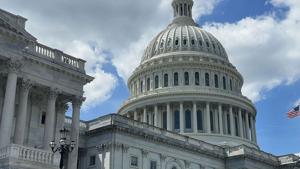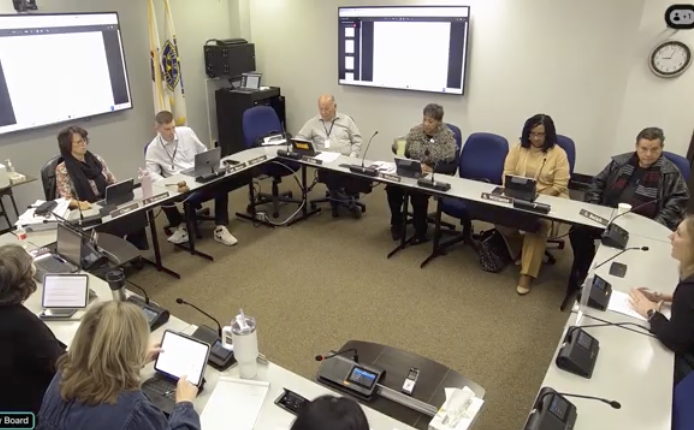
Trump signs bill studying cancer among military pilots
President Donald Trump has signed into law the Aviator Cancer Examination Study Act, which seeks to address cancer rates among former and current military aircrew members.
According to an Air Force study, these individuals experienced higher rates of melanoma, thyroid cancer and prostate cancer.
Building upon this study, the ACES Act requires the secretary of veterans affairs to investigate cancer and mortality rates for aircrew members who have served in the Navy, Air Force and Marine Corps.
The specific cancers the study will look into are melanoma, thyroid cancer, prostate cancer and others. The ACES Act is designed to help understand the link between certain types of cancers and military services.
U.S. Sens. Mark Kelly, D-Arizona, and Tom Cotton, R-Arkansas, who are both veterans, introduced this bill.
Kelly, a former Navy pilot, said, “Veteran aviators and aircrews deserve answers about the correlation between their job and cancer risks.”
“Getting this across the finish line has been a bipartisan effort from the start, and I’m proud to see this bill become law so we can deliver real answers and accountability for those who served,” he said.
Cotton, who was an Army infantry officer, said he was “grateful” to the president for making the ACES Act “the law of the land.”
“We owe it to past, present, and future aviators in the armed forces to study the prevalence of cancer among this group of veterans,” he explained.
In addition to having bipartisan support, many veteran groups and advocacy groups supported the ACES Act.
Jose Ramos, the Wounded Warrior Project’s vice president for government and community relations, said his organization was “proud to support” this piece of legislation.
He called the ACES Act a “critical step toward ensuring that veterans receive timely diagnoses, specialized screenings and the care they have earned.”
Theo Lawson, the assistant director of legislative programs for the military nonprofit Fleet Reserve Association, said this bill is a vital piece of legislation.
Lawson said the bill “directs critical research into cancer risks among military aircrew, ensuring better care and support for our aviators who have served our nation.”
Latest News Stories

Supreme Court declines to hear public prayer case

Supreme Court to decide immigration asylum case

Illinois quick hits: Armed robbery charges after incident at Senate President’s office

Michigan school board passes controversial sex ed policies

Everyday Economics: Jobs data returns as government reopens

Meeting Summary and Briefs: Will County Land Use & Development Committee for November 6, 2025

Committee Rejects Rezoning for Fencing Company in Joliet Township

Supreme Court case could have major effect on 2026 midterms

In Month of ‘Tragic Loss,’ Manhattan School District Mourns Students and Former Board Member

County Sales Tax Revenues Strong, Cannabis Funds Dispersed to Community Programs

Illinois sports wagers decline after implementation of new tax

Will County Committee Grants Extensions for Crete, Washington Township Solar Projects

Competing crypto plans create ‘narrow path’ for adoption

